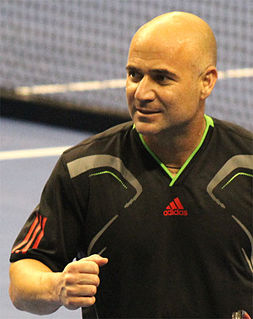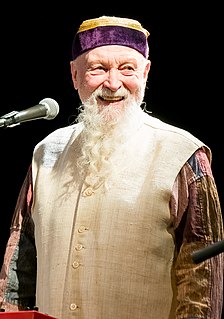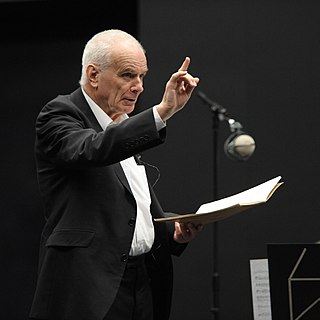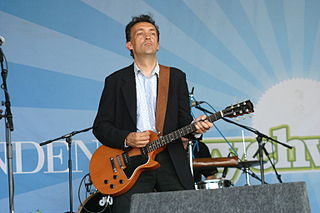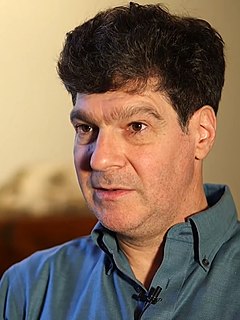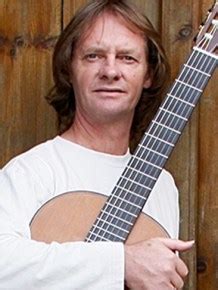A Quote by Caroline Shaw
'Partita' is a simple piece. Born of a love of surface and structure, of the human voice, of dancing and tired ligaments, of music, and of our basic desire to draw a line from one point to another.
Related Quotes
It's no accident, I think, that tennis uses the language of life. Advantage, service, fault, break, love, the basic elements of tennis are those of everyday existence, because every match is a life in miniature. Even the structure of tennis, the way the pieces fit inside one another like Russian nesting dolls, mimics the structure of our days. Points become games become sets become tournaments, and it's all so tightly connected that any point can become the turning point. It reminds me of the way seconds become minutes become hours, and any hour can be our finest. Or darkest. It's our choice.
More fundamental than religion is our basic human spirituality. We have a basic human disposition towards love, kindness and affection, irrespective of whether we have a religious framework or not. When we nurture this most basic human resource - when we set about cultivating those basic inner values which we all appreciate in others, then we start to live spiritually.
My own movement of thought is not meant to be a straight point-to-point, linear line of march, but horizontal exploration from one area of interest to another. There is no ultimate destination - no finish line to cross, no final conclusion to be reached. It's the way I feel about dancing - you move around a lot, not to get somewhere, but to be somewhere in time.
In some traditional African dances, people wear masks in order to become the embodiments of particular spirits. I have heard that they often cover the mouth-piece with spider webs or something that resonates, so that their voice gets distorted, ceasing to be the voice of a human and becoming representative of a voice that comes from another world.
Every great artist must begin by learning to draw with the single line, and my advice to young animators is to learn how to live with that razor-sharp instrument or art. An artist who comes to me with eight or ten good drawings of the human figure in simple lines has a good chance of being hired. But I will tell the artist who comes with a bunch of drawings of Bugs Bunny to go back and learn how to draw the human body. An artist who knows that can learn how to draw ANYTHING, including Bugs Bunny.
Whether we like it or not, we have all been born into this world as part of one great human family. Rich or poor, educated or uneducated, belonging to one nation or another, to one religion or another, adhering to this ideology or that, ultimately each of is just a human being like everyone else. We all desire happiness and do not want suffering.


